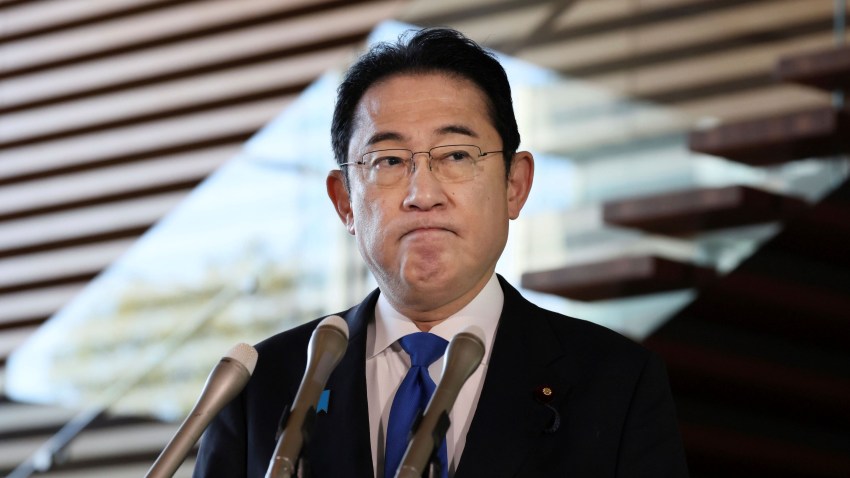It says a lot about the state of Japanese politics that Prime Minister Kishida Fumio, whose approval ratings currently hover in the mid-teens, is the safest and most viable option to lead the government through September, when the ruling Liberal Democratic Party will hold its leadership election. Kishida’s position was already seen as tenuous before an LDP slush fund scheme was uncovered last month, leading some observers to wonder if he would survive the scandal.
Usually when a scandal like this emerges, the party in question might look for an internal replacement for its leader. But in the case of the LDP, most of Kishida’s potential replacements are as unpopular as he is or have been implicated in the scandal themselves. And in most cases when a beleaguered ruling party faces allegations of systemic corruption, opposition parties will begin to make their move to take power. But Japan’s opposition parties are even more unpopular than the LDP.
As a result, the scandal’s most likely short- to medium-term outcome will be to demonstrate the resilience of Japan’s status quo. Nevertheless, it could also turn out to be an event that observers look back on as a turning point.

